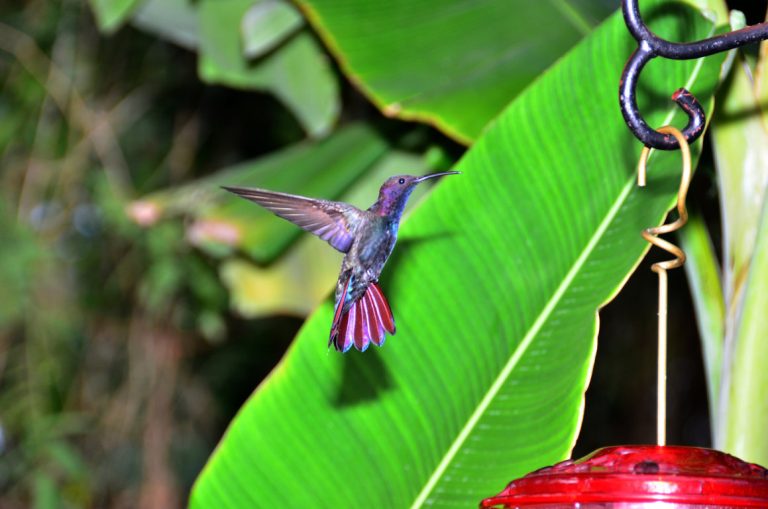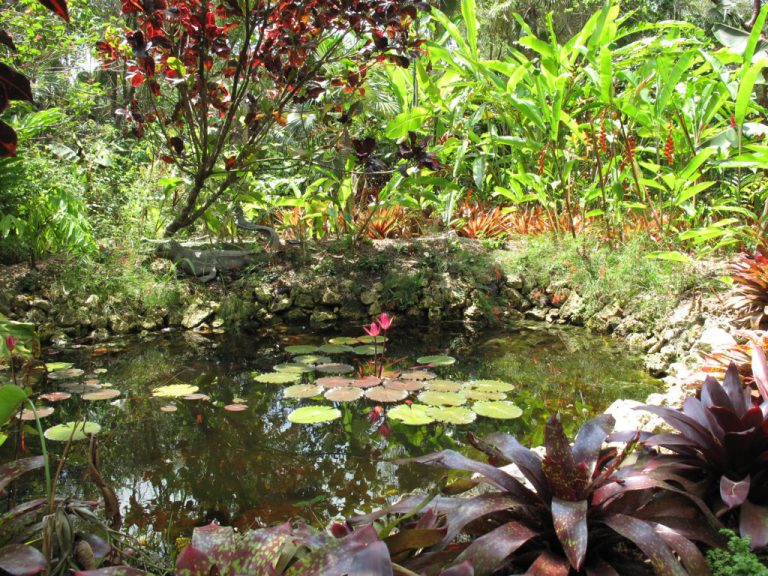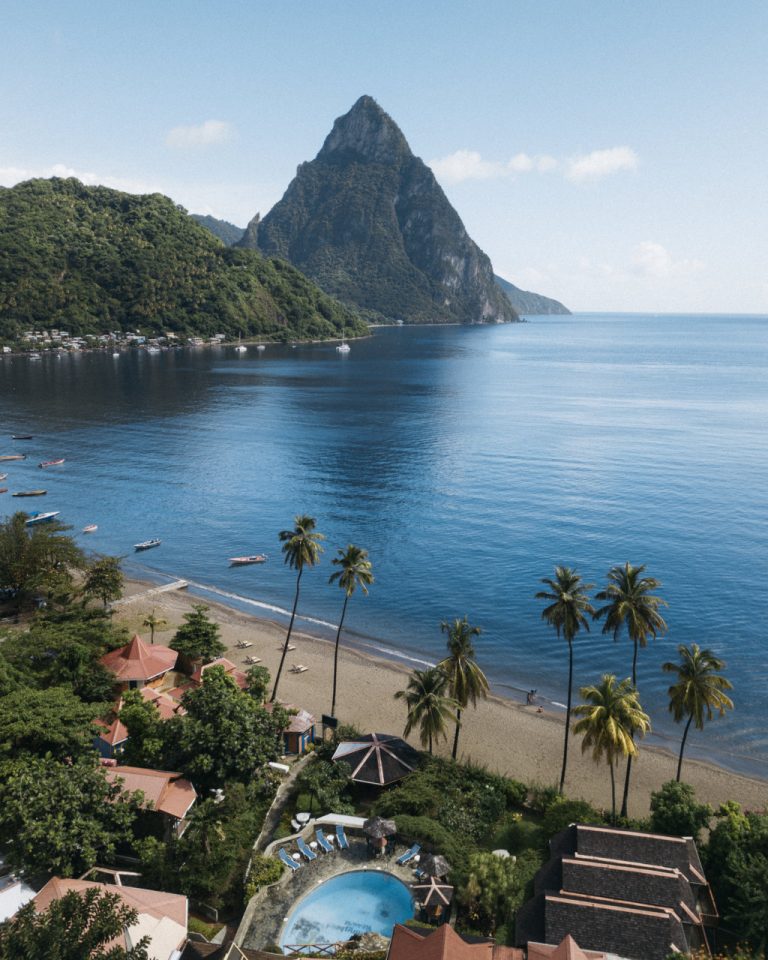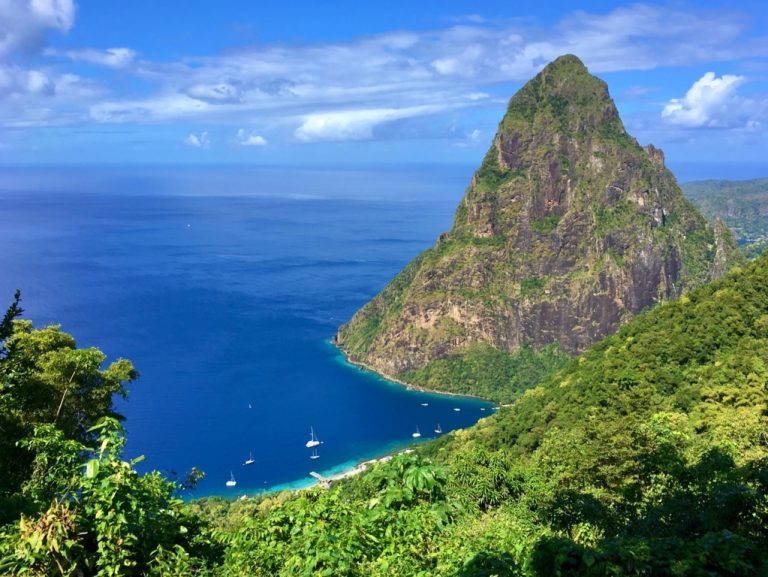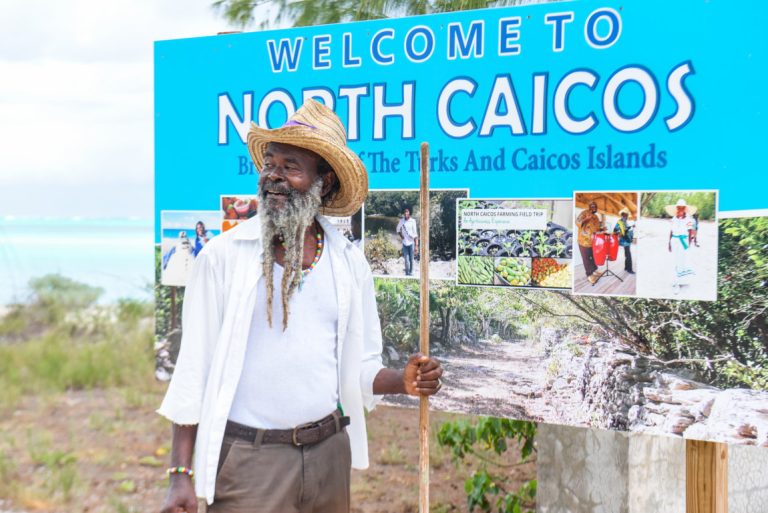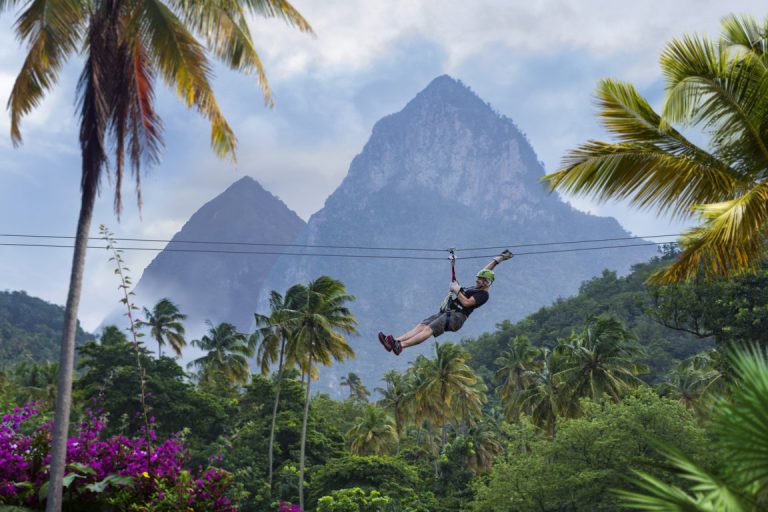Managing the Caribbean: Interview with Regis-Prosper
I met Dona Regis-Prosper several years ago before she took on the prestigious role of Secretary-General and CEO of the Caribbean Tourism Organization. She was already undertaking crucial responsibilities for the region’s development, not only from a purely tourism perspective but also in terms of sustainability and collaboration.
I am particularly pleased to feature this interview in the Cruising Journal edition that will be highlighted during Seatrade Cruise Global 2024. Regis-Prosper sets an example to follow and serves as a reference for many organizations within our industry. It is fitting that she be in the spotlight at the largest event dedicated to the cruise world.
Dona Regis Prosper
Regis-Prosper, first of all, I thank you for your time. On every occasion we’ve met, I remember you being deeply committed. I imagine that your responsibilities have only increased now. However, I hope your satisfaction has also grown, leading such a prestigious institution and, above all, one of such importance to the cruise industry. But let’s take a step back. What was your professional background, and how did you first encounter the tourism industry?
I’ve always considered my tenure in the tourism industry to be 24 years. However, it was only today, February 28, when I reconnected with the individual who offered me my first post-college position at Club St. Lucia, that I recognized that my journey in this sector spans 27 years. During this time, I’ve been in leadership roles for the last 24 years, marking my initial foray into tourism 27 years ago. Apart from a two-year stint at an oil and gas company where I engaged in accounting, my career has predominantly been within the hospitality sector. Working in this region, particularly in tourism-dependent nations, means that virtually every job intersects with the tourism industry, regardless of the field. My management journey began in 2000 as a Facility Manager at La Place Carenage Shopping Center and Cruise Terminal, working for the Air and Sea Ports Authority.
Initially, my aspirations were set on journalism, not tourism. Only after entering the industry did I realize it was where I truly belonged. The attraction towards tourism was so strong that I even accepted a pay cut to return to it after my stint at the oil and gas company, driven by a deep sense of purpose and belonging in this field.
I have lived and worked in the hospitality sector in multiple Caribbean destinations. I look forward to working with our dedicated team and diverse stakeholders to promote the Caribbean tourism sector, champion sustainability, continue to foster impactful relationships, and deliver ROI for our CTO members.
Looking at your career, which now spans over 20 years in this sector, you have had the opportunity to live and work in many different realities in the Caribbean region. Director of Marketing and Product Development for the St. Lucia Air and Seaports Authority; Director of Commercial Development for the Margaritaville Caribbean Group in Jamaica; CEO of the Tortola Pier Park in the British Virgin Islands; and General Manager of the cruise port in Antigua. Which experience do you consider the most formative and most rewarding?
Each position I’ve held has been fulfilling in its unique way. My initial venture outside St. Lucia took me to the British Virgin Islands, marking a significant shift as it involved acclimatizing to a new business environment and society. The challenge there was multifaceted: I was responsible for developing an entirely new cruise port facility and team alongside managing this new facility and experience.
During my tenure at Margaritaville in Jamaica, I remained within the tourism sector, focusing on food and beverage (F&B) and entertainment. This role presented its unique experiences stemming from Jamaica’s distinct culture and landscape. Operating in the private sector deepened my understanding of the Food and Beverage sector. Margaritaville Caribbean Group encompasses a range of brands from fine dining and fast food to coffee shops and ice cream parlors. This experience also significantly enhanced my skills in brand management. Additionally, my role required me to navigate different jurisdictions, including the U.S. Virgin Islands, Turks and Caicos, and the Cayman Islands, learning to adapt and conduct business across these diverse locations.
In Antigua, I led a public-private sector partnership, a role made even more challenging by the onset of the pandemic. This experience gave me a unique perspective on managing during a crisis in yet another jurisdiction.
Humming Bird at Mystic Mountains
Grand Cayman BotanicPark
Diverse realities and various roles have been complementary to gaining an overview of the Caribbean’s reality. Cruisers often lump all the islands together, generically calling them “the Caribbean” without recognizing differences and peculiarities. What are some of the profound differences between the islands that you have to consider and keep in mind for organizing your work?
I believe the theme for the Caribbean Tourism Organization (CTO) for 2024, “Connecting the Globe, Celebrating Diversity,” perfectly encapsulates the essence of the Caribbean by highlighting its unique diversity. Although we are unified as one people sharing one geographic expanse, the Caribbean is a tapestry of diversity, covering an extensive area. The region offers a comprehensive array of hospitality experiences within a favorable warm-weather tourism environment, presenting a rich selection of experiences. This year’s theme aptly reflects the Caribbean’s commitment to embracing and showcasing its diverse cultures, landscapes, and hospitality offerings to the world.
The Caribbean, still in the eyes of the non-specialized cruise public, is a well-developed destination with numerous fleets, even in the summer. It would appear to be a destination that does not need extensive promotional development, considering the beautiful places it offers, which represent every traveler’s dream. However, I believe there is much to be done in this regard, both to introduce lesser-known destinations to the general public and to help them understand and appreciate the numerous characteristics that each island can offer. How is your organization engaged in this promotional and informational function?
Despite our concerted efforts and the rich diversity of experiences we offer, we must acknowledge that we currently capture less than three percent of the global tourism market. This statistic underscores the significant potential for growth and the importance of our strategic initiatives to enhance visibility, develop sustainable tourism products, and improve training and leadership within the sector. By focusing on these areas, we aim to increase our share of world tourism, drawing more attention to our member states’ unique attributes and hidden treasures. Our organization encompasses 25 member states, with our efforts concentrated on two main objectives: bringing attention to lesser-known destinations and, for the more established destinations, shining a light on their hidden gems.
Regarding product development and training, we guide destinations looking to enhance or expand their tourism offerings. Our endeavors extend to marketing, improving brand awareness, and fostering leadership within the tourism sector. We attend international consumer and trade events, where we present a united regional front to bolster our aerial connectivity. Participation in events like Seatrade allows us to position ourselves as thought leaders, and we aim to leverage similar platforms to benefit the cruise sector among our member destinations. These events are invaluable for showcasing the region’s offerings and seizing opportunities to further our collective interests.
Les Pitons St. Lucia
Les Pitons St. Lucia
Another fundamental aspect of your current job is the challenging role of mediating between different needs and neighboring territories with diverse desires, objectives, and structures. How is the management of all this organized? Can you briefly outline the organization chart and the general objectives of the entity you represent?
At the heart of CTO’s mission is the commitment to collaboration for the benefit of our members. Our governance structure, which includes a Board of Directors and a Ministerial Council, is designed to facilitate this collaboration. We concentrate on advocacy areas that resonate with our members’ needs. One of the unique aspects of the CTO is its inclusion of both public and private sectors. Our membership includes government entities from various destinations as well as Allied members from the private sector. This blend of perspectives and objectives creates a powerful collective force. The CTO’s structure is distinct within the region, I see it as a salad bowl—where our members’ varied experiences and backgrounds contribute to our strength, allowing each component to retain its distinct flavor while contributing to the whole. Our strategic partnerships extend to global entities such as UN Tourism, formerly the United Nations World Tourism Organization (UNWTO), and the World Travel & Tourism Council (WTTC). We are actively seeking to broaden this network.
We have overcome the challenging months of the pandemic, and serious crises still affect the cruise industry. How would you describe the current situation in the Caribbean area? Does the recovery involve an increase in cruise calls? What elements are most promoted to attract the attention of cruise companies?
The cruise sector is witnessing a strong resurgence, with an overall increase in passenger numbers. While varying across different destinations, this growth indicates a positive regional trend. Significant potential exists in transforming cruise passengers into stay-over tourists, encouraging stronger connections, and facilitating the exchange of best practices among destinations. Our partnership with the cruise industry is mutually beneficial. Insights from broader sustainable Caribbean development can provide valuable strategies for the cruise sector to implement, and we are seeing closer synergies being explored.
Similarly, we can glean important lessons from the cruise lines, particularly in areas like customer experience. This reciprocal relationship not only aims to elevate the cruise passenger experience but also plays a crucial role in driving socioeconomic tourism growth throughout the Caribbean.
Do you have any ongoing projects or prospects that you can share with us: launching new destinations, imminent structural renovations, or other elements to promote a deeper understanding of certain locations?
One of the key highlights on our agenda is the Sustainable Tourism Conference, an event dedicated to a comprehensive reevaluation of tourism practices. This conference, to be held in Grenada from April 22-24, offers fresh insights and prompts active discussions with our members and various partners. I believe it will serve as an ideal foundation for engaging in more concrete projects. Additionally, we are committed to seeking new partnerships focused on sustainable tourism and education initiatives, aiming to foster a more responsible and sustainable future for tourism.
North Caicos
activity zip line Soufriere
Often, Caribbean itineraries involve daily stops, even if not for the entire day but perhaps for a few half-days, in search of as many islands as possible within a cruise. Many companies, especially those targeting premium and luxury markets, have initiated a different cruise concept, deeply tied to the cultural aspects of the places visited. They seek longer and overnight stops, visit unusual places, and desire contact with local people, gastronomy, sensory experiences, etc. Is the Caribbean area ready to support this type of new cruise-related tourism? Is it already doing so, and does it plan to invest in this area?
This presents an excellent opportunity for destinations specializing in eco-tourism and community tourism experiences. It’s a chance to amplify the economic benefits derived from the sector. Several destinations are ideally positioned to capitalize on these opportunities, potentially leading to significant advancements in their offerings and overall economic growth.
Thank you for this information and the time you have dedicated to us, Dona Regis-Prosper. Since its inception, Cruising Journal has been closely tied to cruise destinations. It strongly supports the need to get to know the areas visited by fleets worldwide as thoroughly as possible. It will be a pleasure for our readers to learn about essential aspects of this reality beyond superficial and stereotypical knowledge. We wish you the best in your work and are confident that the Organization is in good hands. See you soon in Barbados!
Don’t miss more updates, news and reviews about the world of cruises on Cruising Journal.


